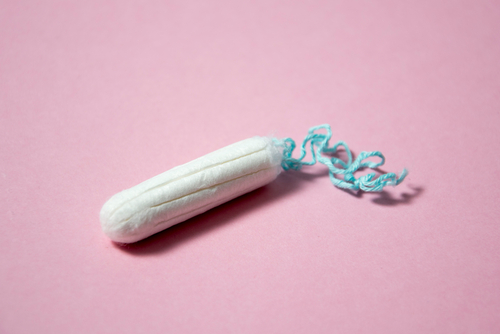
If passed without amendments, the bill will grant three-day sick leave for painful periods, which can be extended to five for people who experience incapacitating pain.
This is a groundbreaking moment in the recognition of menstrual health as a key steppingstone to gender equity. For far too long menstruation has been a taboo at work and beyond, causing women and people with cycles to neglect their needs and suffer in silence.
While this progress must be celebrated, menstrual leave as a standalone policy can be problematic and needs to be understood in its context.
The draft bill has already sparked conversations in many European countries, and the topic of menstrual health is likely to gain momentum on their agenda in the near future. To ensure that these provisions really benefit employees, it is important to integrate the following:
It is essential that we do not lose sight of who this bill is meant to support, namely women and people with cycles. We need to keep the following in mind:
In conclusion, Spain’s menstrual leave draft bill can be seen as an encouraging step forward for gender equity. However, it must be supported by complementary policies and existing studies and data, to ensure that it achieves the impact it strives for.
Good menstrual health for everyone, everywhere, always.
Maria Carmen Punzi is a Menstrual Health researcher and activist. In 2019, she won a five-year grant to complete her PhD on menstrual health and social enterprises at the Rotterdam School of Management, Erasmus University (RSM). Since 2017, she has worked in multiple international organizations building evidence on the connections between menstrual health, sexual and reproductive health and gender equity. Her research starts from the recognition that while data shows that menstrual health affects women’s opportunities, health and inclusive participation in society, the topic is widely missing in current agendas around gender equity. In 2021, in collaboration with other stakeholders, she has advocated and obtained funding for free menstrual products on the Erasmus campus, and continues her activism within and beyond the university. She also regularly consults organizations and companies on menstrual health education, content creation and menstrual products’ business innovation.

